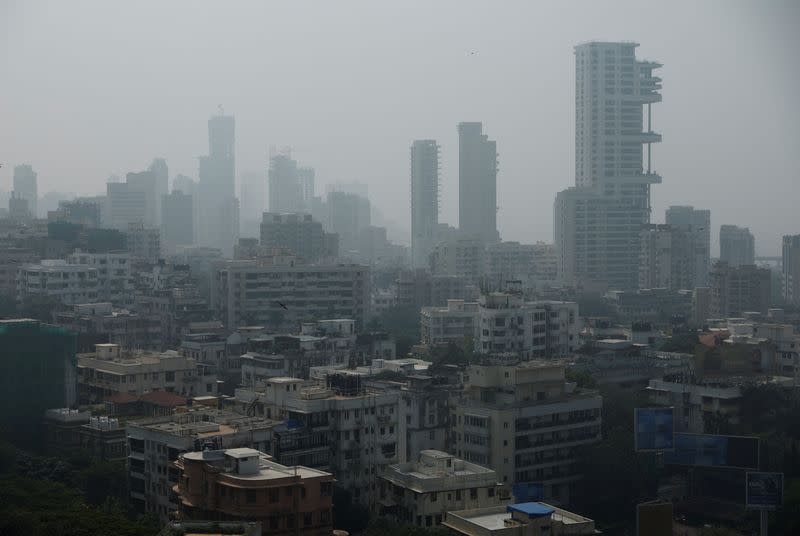India's home prices to rise steadily, affordable housing supply to lag demand: Reuters poll

By Milounee Purohit
BENGALURU (Reuters) - Average home prices in India are expected to rise steadily over the next few years as the country's rich drive up demand for luxury housing, according to property experts polled by Reuters who also said there would be a shortage of affordable homes.
Home purchases are increasingly driven by a select few in a country of more than 1.4 billion people, mostly those unaffected by higher interest rates.
Economic growth in Asia's third-largest economy is expected to continue outpacing its major peers, driving demand for housing, even though economists argue the benefits of that growth are being skewed more towards the upper classes.
Average home prices are forecast to rise around 6% this year and next, slightly below the 7% expected in a March poll, according to the median forecast from a May 10-29 survey of 15 property market experts.
House prices rose 4.3% in 2023, according to Reuters calculations based on the Reserve Bank of India's House Price Index.
"Property prices are expected to maintain an upward trajectory...because of consistent demand and limited ready supply," said Ankita Sood, director and head of research at REA India. "The demand for high-value properties from investors and high-income individuals fuels this upward trend."
The luxury segment accounted for 15-16% of total sales before the pandemic but has risen to around 28%, Sood said.
Further rises in house prices will worsen affordability for first time buyers who are already struggling to save up the initial down payment.
The RBI, which raised interest rates by 250 basis points between May 2022 and February 2023 to cool inflation, is broadly expected to cut them next quarter, although a stable rupee and a strong economy leaves the central bank with little incentive to act.
That suggests relatively high mortgage rates are here to stay, adding to pressure on first-time buyers.
When asked what would happen to affordability for first-time purchasers over the coming year, seven analysts said it would improve and the remaining six said it would worsen.
CBRE's Atif Khan expects affordability to improve as income levels rise in tier I cities such as Mumbai and Delhi, but Colliers International's Ajay Sharma said a "flattening" of the jobs market would cause it to slip.
Finding affordable housing is a major challenge for the millions who flock to cities as India rapidly urbanises.
Despite government initiatives to build affordable homes, a strong majority of respondents, 12 of 15, said demand would not be met over the next two to three years. The other three forecast excess supply.
"Supply of affordable homes is affected by rising land prices (and) developers focusing on bigger ticket-size segments where sales momentum is quite robust," said Rohan Sharma, director at JLL Research.
(For other stories from the Reuters quarterly housing market polls:)
(Additional reporting by Pranoy Krishna; Polling by Devayani Sathyan and Veronica Khongwir; Editing by Hari Kishan and Ross Finley, Kirsten Donovan)


